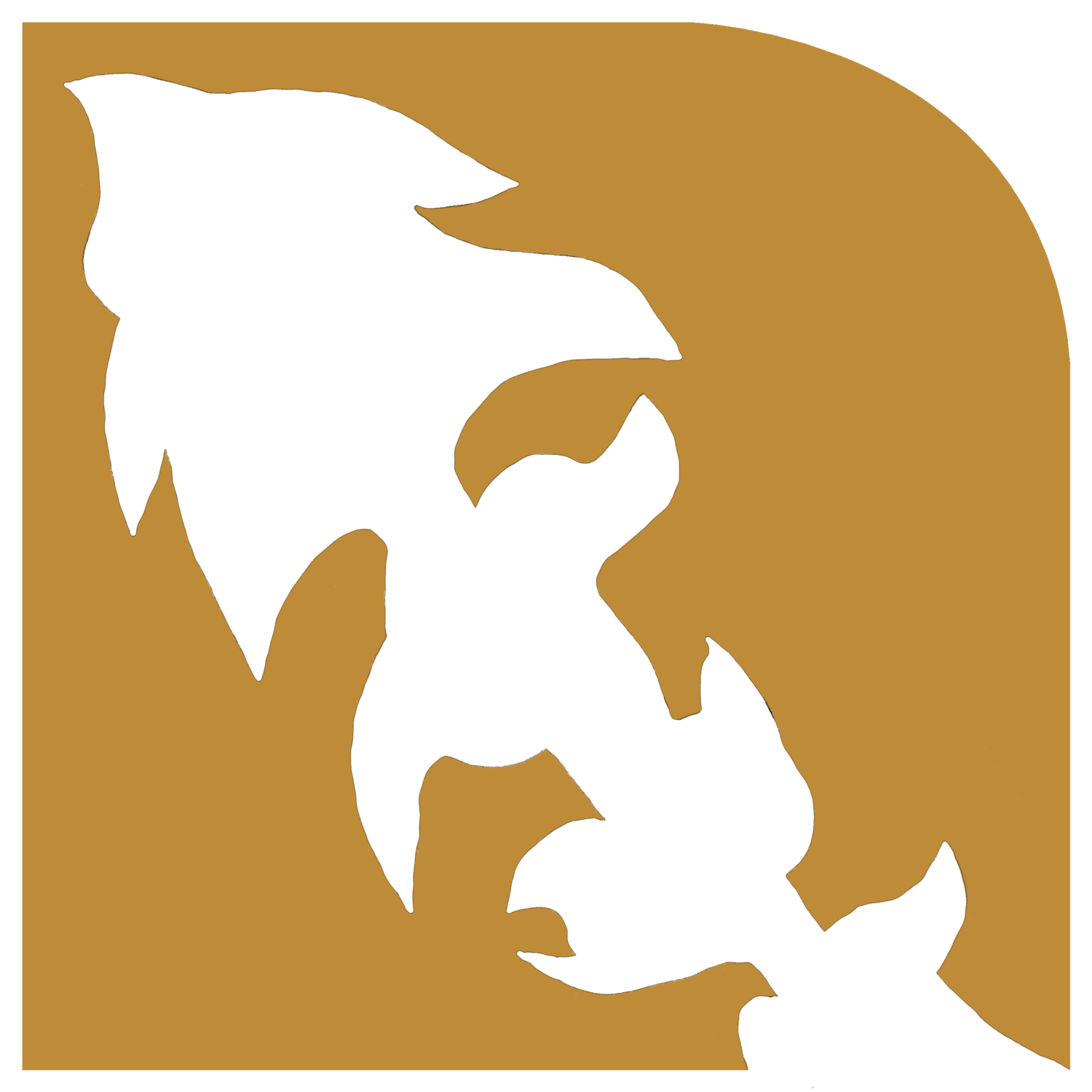On today's episode I narrate Krystal Thompson's monograph on Yarrow.
Here's a sampling from her monograph which you can find here: www.herbrally.com/monographs/yarrow
Medicinal Use: Perhaps most famously, yarrow is prized for its benefits to wounds or minor bleeding. Its mild antiseptic and anodyne properties coupled with its ability to coagulate blood and stop bleeding make it the perfect ally in this case. These properties also make it useful in cases of hemorrhoids, post-partum care, bruises, and mouth sores, as well as internal bleeding (4). Yarrow beautifully harmonizes blood circulation and can be beneficial in cases of stagnation such as vericose veins or fibroids, as well as cases of overstimulated blood flow, such as hypertension. It is sometimes considered a skin tonic and can be used in a very effective facial steam to improve complexion through circulation and cooling inflamed tissue. Yarrow can also be protective against topical sun and wind damage.
Yarrow prepared as tea is a wonderful ally in the face of tough colds. Its diaphoretic action makes it especially useful at the onset of fever or in cases of obstructed perspiration (1). Diaphoretic plants “move the circulation toward the surface of the body, helping to cool it off through sweating, and increasing the immunological activity on the “front lines” of the body’s battle against the cold” (6). For these same reasons it is a common plant accompaniment to sweat lodges and other types of therapeutic sweating where the “front lines” of the battlefield can be physical as well as spiritual. Yarrow opens pores and purifies the blood, a great combination for eruptive conditions such as measles, chickenpox, fevers, etc. In TCM, yarrow’s benefits here would be described as tonifying Qi or releasing to the exterior (5). No doubt related to these indications, yarrow also has a reputation for being generally beneficial to kidney disorders.
Yarrow has an additional affinity for the pancreas and the lungs. It can benefit “thick blood,” which occurs when liver or pancreatic function is compromised due to high insulin levels or low digestive enzymes (10). Here, the blood contains more fats and other dense compounds that struggle to move freely through the blood vessels. This causes overexertion on the heart and improper gas exchange within the lungs, which puts stress on the entire body. Yarrow stimulates pancreatic function and boosts blood flow to help avoid these instances, but can benefit the anxiety or insomnia that may follow if thick blood does set in.
For more monographs (40+ as of now) please visit: www.herbrally.com/monographs
You can visit Krystal online at HotelWilderness.com
Let us know what you thought of the episode! Thanks so much for listening.
Please share this if you feel so inclined :)










































